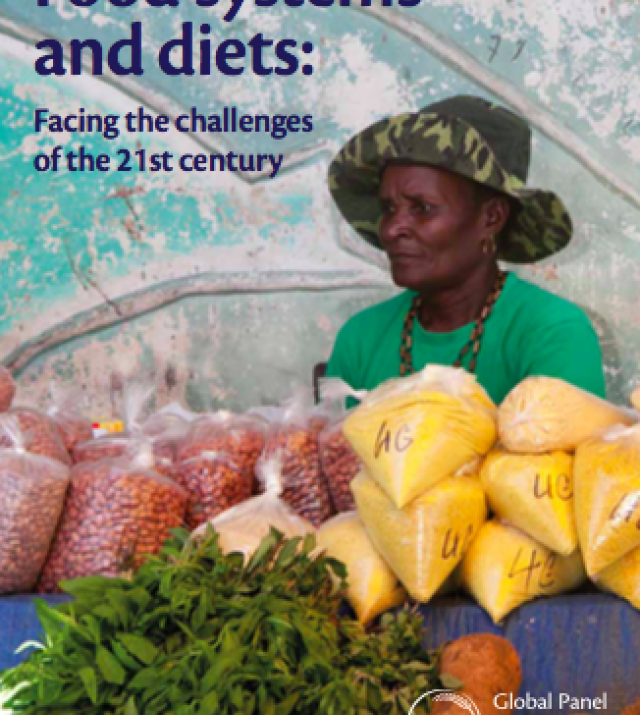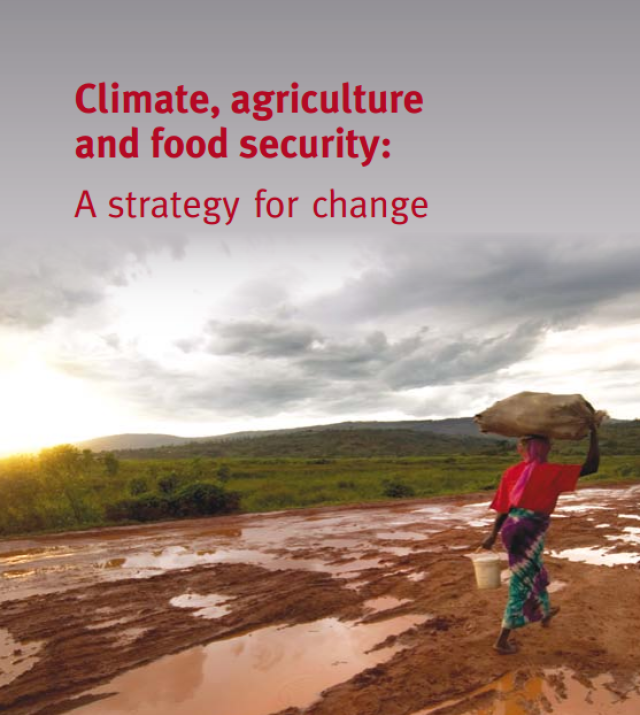
The Future of Food and Farming: Challenges and Choices for Global Sustainability

The global food system will experience an unprecedented confluence of pressures over the next 40 years. On the demand side, global population size will increase from nearly seven billion today to eight billion by 2030, and probably to over nine billion by 2050; many people are likely to be wealthier, creating demand for a more varied, high-quality diet requiring additional resources to produce. On the production side, competition for land, water and energy will intensify, while the effects of climate change will become increasingly apparent. The need to reduce greenhouse gas emissions and adapt to a changing climate will become imperative. Over this period globalisation will continue, exposing the food system to novel economic and political pressures.
The analysis of the Project has demonstrated the need for policy-makers to take a much broader perspective than hitherto when making the choices before them – they need to consider the global food system from production to plate.
A major conclusion of this Report is the critical importance of interconnected policy-making. Other studies have stated that policy in all areas of the food system should consider the implications for volatility, sustainability, climate change and hunger. Here it is argued that policy in other sectors outside the food system also needs to be developed in much closer conjunction with that for food. These areas include energy, water supply, land use, the sea, ecosystem services and biodiversity. Achieving much closer coordination with all of these wider areas is a major challenge for policy-makers.

